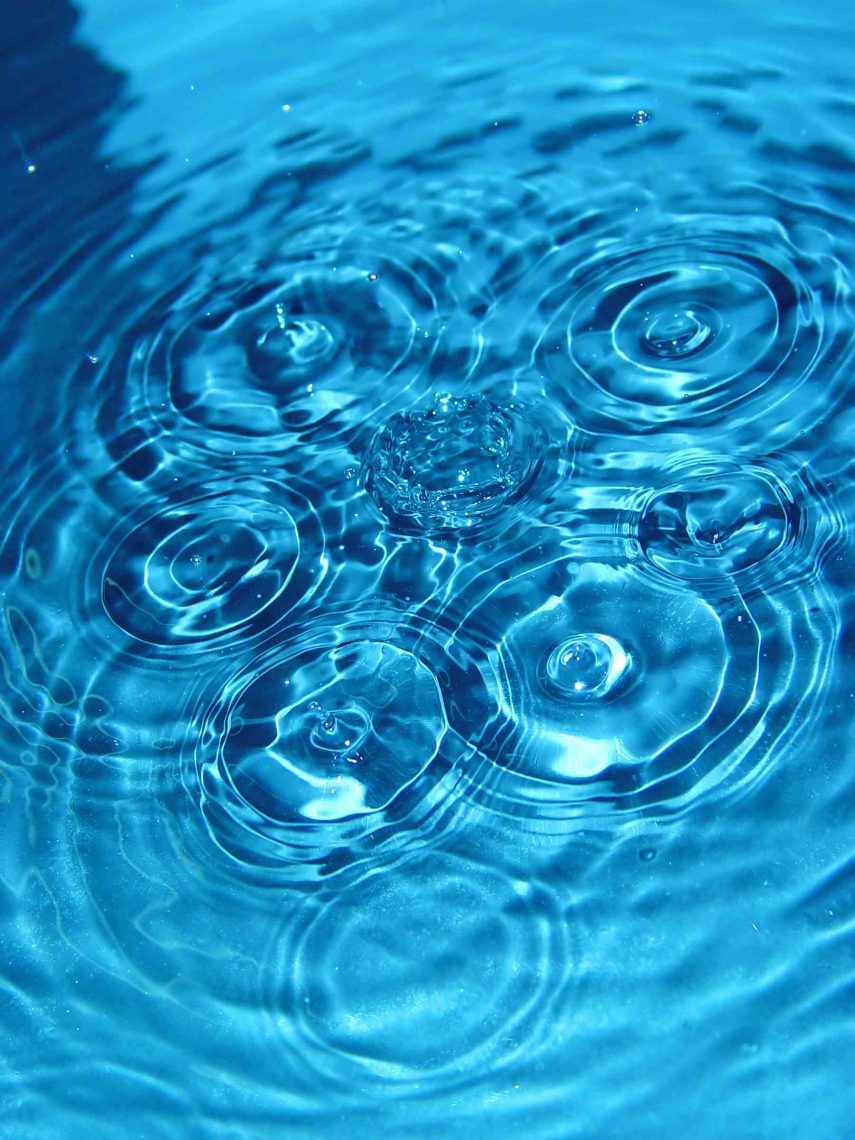Research & Studies

Brand new article was released in the Hungarian Journal of Hidrology, written by János Bogárdi, Zoltán Mizsei and Gergely Tóth.
The article’s full title is Landscape – Soundscape – Waterscape: Concept for an inter- and transdisciplinary framework for regional integrated water and land management and the water-, energy- and food security nexus.
Abstract
This paper argues that integrated resource management(both stocks and fluxes)must be embedded into a transdisciplinary context. Preliminary, yet essential debates, plans and formulation of aspirations need to be formulated with the active participation of legitimate stakeholders and affected citizens. This implies, that next to the key integration of land-and water resources management voices articulating local needs, expressing and protecting cultural values and social preferences are to be heard and understood.The context of Landscape-Soundscape-Waterscape is recommended to serve as a conceptual model of dialogues to set consensus-based objectives and constraints for the detailed professional elaboration of development, restauration and protection plans for water-dominated landscapes and resource use.This multi-dimensional dialogue is even more important when several sectoral concerns are to be taken into a so called nexus consideration.The trans-and interdisciplinary model framework of Landscape-Soundscape-Waterscapeis proposed to be tested first in case studies where the spatial extent of most of the resource use and protection interactions correspond with the living space (or homescape) used, intimately known and loved by those whose “sounds” should be captured andconsidered for the sake of sustainable future.
Keywords: Landscape, soundscape, waterscape, integrated management, water-, energy-, food security nexus
The article is available HERE with full text.